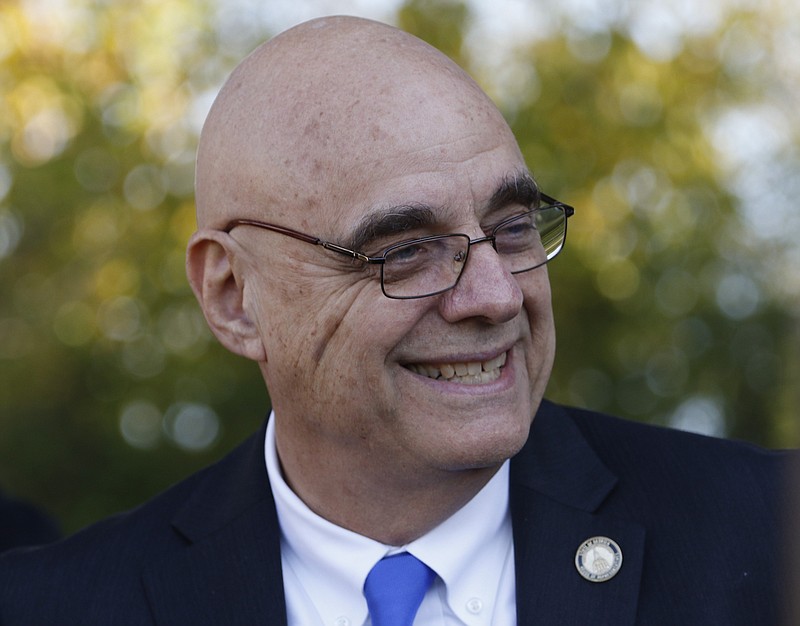Georgia state Rep. John Deffenbaugh is pushing for increased traffic ticket fees to fund drivers' education.
Deffenbaugh, R-Lookout Mountain, introduced a bill to the House Public Safety and Homeland Security Committee on Tuesday that would double a fee on traffic tickets. The fee now for the state's Driver Education and Training Funds sits at 1.5 percent of the traffic ticket's original cost. So if an officer writes you a $100 ticket for speeding, you also pay $1.50 for the driver's education fund.
Deffenbaugh's bill would push that rate up to 3 percent. According to the Georgia Governor's Office of Highway Safety, the bill would add about $3 million to the fund every year, a 150 percent increase. The agency also estimates that 6,000 more high school students could take drivers' education for free.
"We're trying to make the roads safer," Deffenbaugh said. "In doing so, we've come up with a way to push this project ahead."
The scholarship is for 15-to-17-year-old students, who apply through the Office of Highway Safety. The agency awards scholarships every month. A recipient can then take drivers' education classes at a local program that is participating with the agency. They will spend 30 hours in a classroom and six hours behind the wheel.
Of the students who apply, the agency gives priority to a couple of different groups. First, the children of public safety or military officers who died in the line of duty will get scholarships. Second, children from low-income families will get scholarships. After that, other applicants will compete for the scholarships that remain.
The agency began awarding scholarships in March 2017, doling them out monthly to a total of about 5,500 students.
The Legislature actually first created the surcharge to fund drivers' education in 2005. At the time, people were supposed to pay a fee equal to 5 percent of the ticket's original cost, or an extra $5 for every $100 ticket. But despite the surcharge, the money was not going to the program, according to a report by the Driver's Education Commission.
In 2011, the state suspended the program. It returned in 2016, when the legislature voted to drop the fee from a 5 percent rate to a 1.5 percent rate.
Compared to some driving law proposals, such as trying to ban cellphone use in a car, Deffenbaugh thinks sending students to these programs will prevent more crashes.
"It's not going to cover everybody," he said. "But it's going to be a good start. They're trying to start them out so they don't have to get tickets, maybe."
Contact staff writer Tyler Jett at 423-757-6476 or tjett@timesfreepress.com. Follow him on Twitter @LetsJett.
